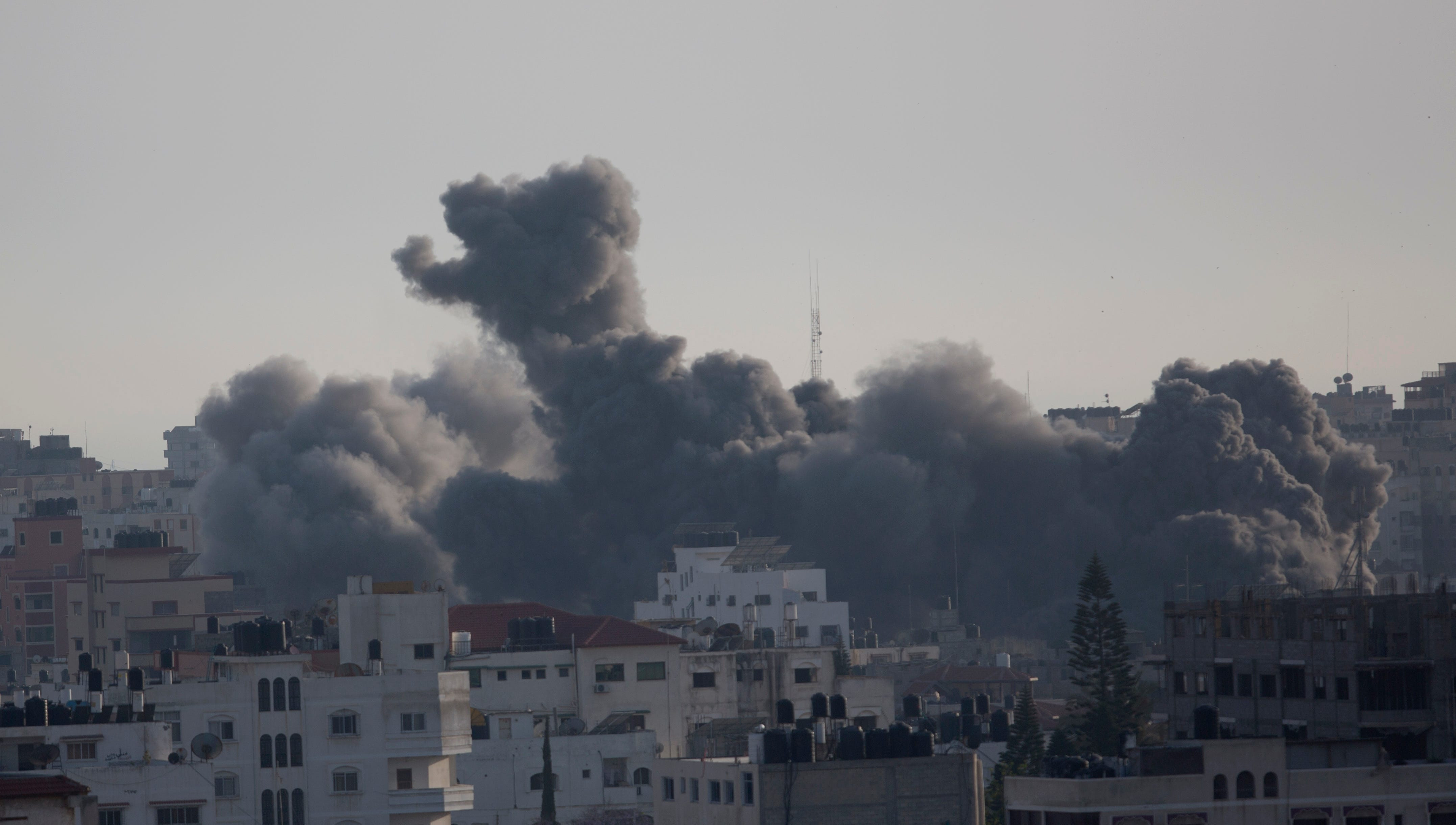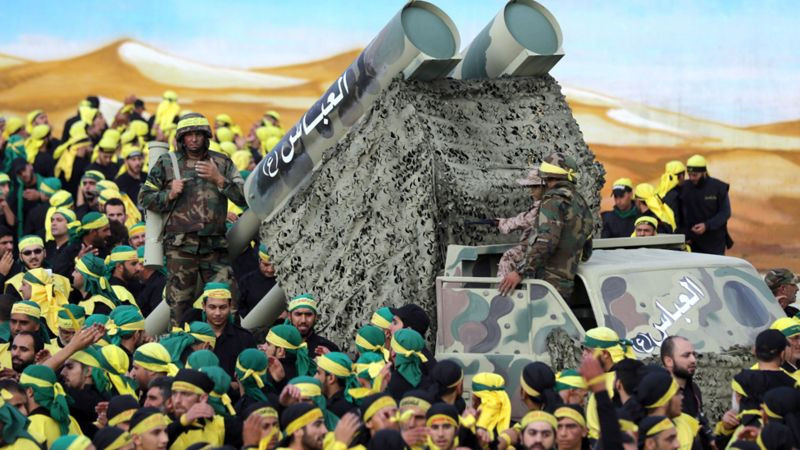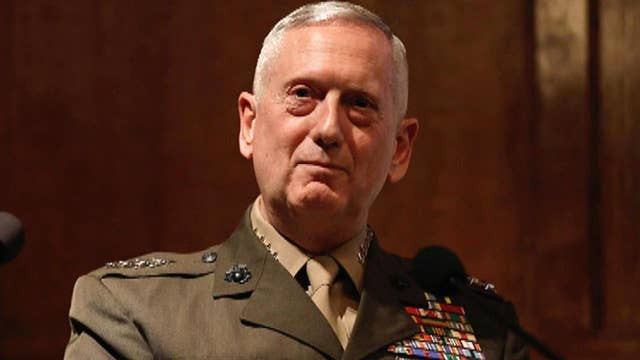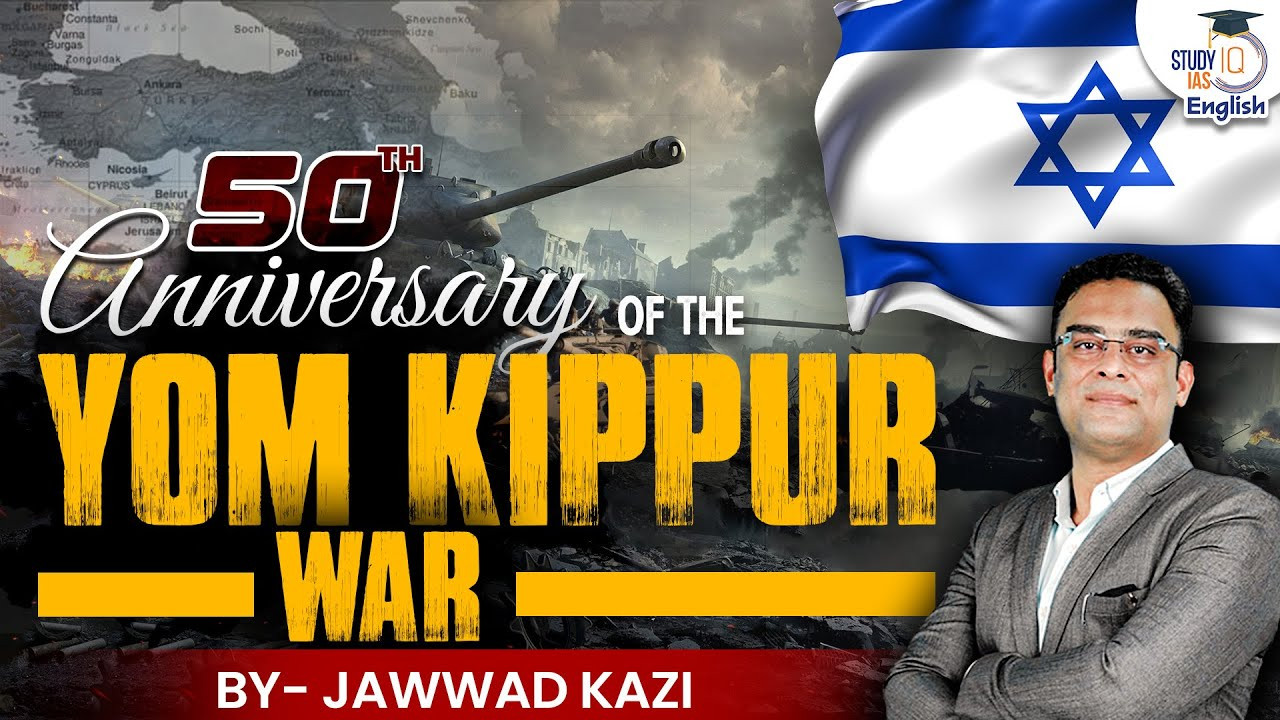Israel and Hezbollah Agree to a 60-Day Ceasefire: A Delicate Peace?
The Israeli security cabinet voted in favor of a ceasefire deal with Hezbollah, marking a significant turning point in the ongoing conflict. This 60-day cessation of hostilities is intended to implement UN Security Council Resolution 1701, aiming for a long-term truce. However, the path to lasting peace remains precarious, with concerns about the deal's enforceability and potential for renewed conflict.
Netanyahu's Rationale for a Ceasefire
Prime Minister Benjamin Netanyahu cited three key reasons for pursuing a ceasefire. His pre-recorded address, released following the security cabinet's vote, highlighted the need to assess the situation, consolidate gains, and avoid further escalation. The speech underscored the conditional nature of the ceasefire, with Netanyahu explicitly stating that Israel reserves the right to resume hostilities if Hezbollah violates the agreement by rearming, digging tunnels, launching rockets, or rebuilding infrastructure near the Israeli border. He declared, “With the United States’ full understanding, we maintain full freedom of military action.” This assertion underlines the inherent tensions and potential vulnerabilities within the fragile agreement.
Intense Bombardment Preceding the Ceasefire Vote
In the hours leading up to the vote, Israel dramatically intensified its strikes on Beirut, targeting central areas for the first time in the conflict. These attacks resulted in significant casualties, with the Lebanese health ministry reporting at least 10 deaths. This heightened military activity cast a shadow over the ceasefire negotiations, raising questions about Israel's commitment to de-escalation and the extent of the damage sustained before the deal was reached. The bombing of Beirut’s southern suburbs 20 times in two minutes exemplified the intensity of these final strikes.
Casualties and Destruction in Beirut
The intensity of the strikes resulted in significant losses in Beirut. The Lebanese health ministry reported at least 10 people killed and numerous injuries. Strikes in the Barbour area and the Noweiri area caused significant damage and resulted in multiple fatalities. The reports highlight the devastating human cost of the conflict and the suffering endured by civilians amidst the fighting.
US Involvement and International Reactions
The US played a crucial mediating role in the ceasefire negotiations. US Secretary of State Antony Blinken downplayed the final barrage of Israeli strikes in Beirut, emphasizing the urgency of achieving a ceasefire to halt the exchange of rockets and missiles. He highlighted the importance of the deal, referencing the prospect of the effective implementation of UN Security Council Resolution 1701. President Joe Biden delivered remarks from the Rose Garden further affirming US support for the agreement. The US involvement is significant, given the close security relationship between the two nations, ensuring a continued dialogue between the countries involved. The United States’ full understanding and approval of the agreement was a key factor in securing the deal. Discussions between Blinken and Senator Marco Rubio underlined the bipartisan support for achieving peace in Lebanon.
Domestic Opposition and Public Sentiment
The ceasefire deal faced significant opposition within Israel. Protesters gathered outside the military headquarters to voice their concerns, arguing the agreement would not ensure long-term security. The “Fighting for the North Forum” characterized the deal as a “complete surrender” to Hezbollah. A poll by the Israel Democracy Institute revealed a deeply divided public opinion, with approximately half supporting continued war and the other half favoring a diplomatic solution. This stark division mirrors the complex political landscape in Israel, with a powerful conservative faction opposing a compromise with Hezbollah.
Gaza's Plight: A Forgotten War?
While the focus shifted to the Lebanon ceasefire, the ongoing conflict in Gaza continued unabated. Palestinians expressed deep concerns that their plight was being overshadowed by the Lebanon negotiations. The death toll in Gaza surpassed 44,200, with heavy rains exacerbating the suffering of displaced Palestinians. A senior US official suggested that a Lebanon deal might create leverage to secure a hostage deal in Gaza, however, Palestinians in Gaza remained skeptical, with many voices calling for both conflicts to end simultaneously. The concerns of Gazans, facing a humanitarian crisis exacerbated by the ongoing Israeli offensive, is a vital aspect of the larger conflict, and their opinions are essential to consider when assessing the overall outcome. The overwhelming destruction in Gaza was a stark reminder that the violence continued to affect thousands of people.
The Litani River: A Symbolic Milestone and UN Resolution 1701
Israel's military reached the Litani River in southern Lebanon, marking a symbolic turning point in its campaign. This is important as the river is a key element of UN Security Council Resolution 1701, adopted in 2006 to end the previous war between Israel and Lebanon. The resolution stipulated Israel’s withdrawal of all its soldiers from southern Lebanon, and that only the Lebanese military and UN peacekeeping forces should be present south of the Litani River. Israel’s assertion of its position south of the river highlights the importance of upholding this agreement as it has been a significant point of contention.
A Precarious Peace: Looking Ahead
The 60-day ceasefire represents a fragile step towards de-escalation but does not guarantee lasting peace. The potential for renewed conflict remains high, and the needs of the Palestinian people in Gaza must not be overlooked. The international community must actively work to ensure compliance with the agreement, uphold the principles of UN Security Council Resolution 1701, and address the root causes of this protracted conflict. Concerns persist about the agreement’s sustainability and the challenges of enforcement. Only through sustained diplomatic efforts and a commitment to long-term stability can a lasting peace emerge.


















